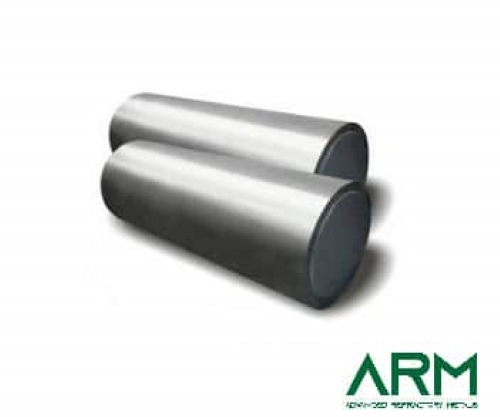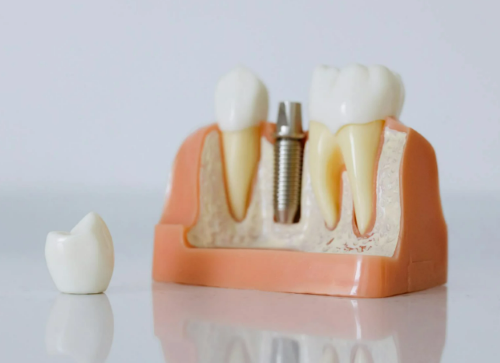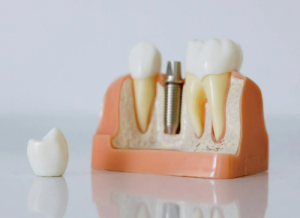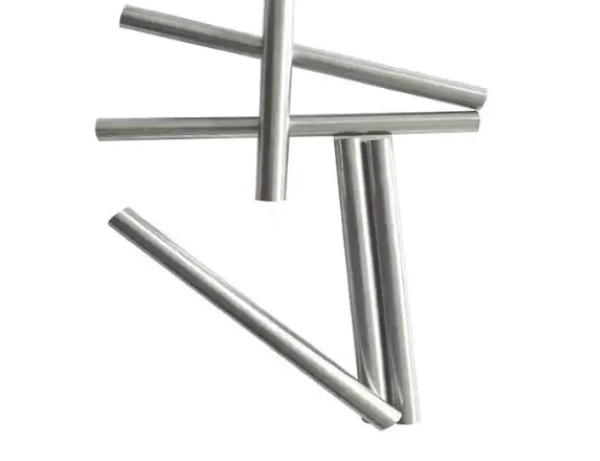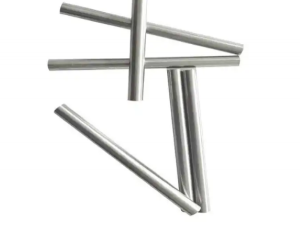Introduction
Zirconium Titanium Alloy, known for its unique combination of strength, corrosion resistance, and lightweight properties, is often compared with pure metals such as zirconium and titanium. In this data-driven comparison, we will explore the key differences between Zirconium Titanium Alloy and pure metals, focusing on their properties and performance metrics.
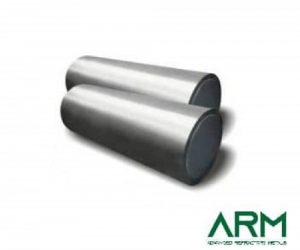
1. Mechanical Strength and Hardness
– Zirconium Titanium Alloy:
– Tensile Strength: Up to 900 MPa (megapascals)
– Yield Strength: Around 550 MPa
– Hardness (Vickers): 300–400 HV
Zirconium Titanium Alloy combines the strength of both metals, resulting in an alloy that is stronger than either pure metal on its own. The alloy’s mechanical strength is suitable for structural components in aerospace, medical devices, and high-stress industrial applications.
Further reading: Zirconium Alloys 101
– Pure Titanium (Grade 2 Titanium):
– Tensile Strength: 345 MPa
– Yield Strength: 275 MPa
– Hardness (Vickers): 160 HV
Pure titanium is known for its excellent strength-to-weight ratio but is softer than many alloys. Zirconium Titanium Alloy exhibits up to three times the tensile strength of pure titanium, making it a better choice for load-bearing applications.
– Pure Zirconium:
– Tensile Strength: 380–550 MPa
– Yield Strength: 207 MPa
– Hardness (Vickers): 240 HV
Pure zirconium offers decent mechanical strength but is more brittle compared to the alloy. Zirconium Titanium Alloy, with its higher hardness and yield strength, is better suited for environments where mechanical durability is essential.
2. Corrosion Resistance
– Zirconium Titanium Alloy:
– Corrosion Rate (in sulfuric acid): <0.01 mm/year
Zirconium Titanium Alloy provides enhanced corrosion resistance in aggressive environments such as acidic or marine conditions. It performs well in chemical processing plants, nuclear reactors, and marine applications.
– Pure Titanium (Grade 2 Titanium):
– Corrosion Rate (in seawater): <0.05 mm/year
Pure titanium forms a passive oxide layer, which protects it from corrosion in most environments. While it provides excellent resistance in marine conditions, Zirconium Titanium Alloy offers superior performance in more extreme environments, such as those with highly corrosive chemicals.
– Pure Zirconium:
– Corrosion Rate (in nitric acid): <0.01 mm/year
Pure zirconium is highly corrosion-resistant, particularly in acidic environments. Its resistance to hydrochloric acid, sulfuric acid, and alkaline solutions makes it a key material in the chemical industry, but the alloy can perform better when both strength and corrosion resistance are required.
3. Weight and Density
– Zirconium Titanium Alloy:
– Density: 6.5 g/cm³
Zirconium Titanium Alloy offers a good balance between strength and weight. It is lighter than many high-strength metals such as steel (7.8 g/cm³) while providing superior mechanical properties.
– Pure Titanium:
– Density: 4.5 g/cm³
Titanium is one of the lightest high-performance metals available. While Zirconium Titanium Alloy is slightly denser than pure titanium, it offers enhanced strength, making it preferable for applications that require both lightweight and high durability.
– Pure Zirconium:
– Density: 6.5 g/cm³
Pure zirconium is denser than titanium but offers excellent corrosion resistance. Zirconium Titanium Alloy maintains a similar density while enhancing mechanical properties, making it a more versatile material for load-bearing applications.
4. Temperature Resistance
– Zirconium Titanium Alloy:
– Max Operating Temperature: 550°C (1,022°F)
Zirconium Titanium Alloy maintains its strength and structural integrity at high temperatures, making it ideal for applications in gas turbines, nuclear reactors, and aerospace components. Its thermal performance outstrips many pure metals.
– Pure Titanium (Grade 2 Titanium):
– Max Operating Temperature: 400°C (752°F)
Pure titanium can withstand moderate temperatures, but its strength begins to degrade above 400°C. Zirconium Titanium Alloy, with a higher temperature tolerance, is more suited for high-heat environments.
– Pure Zirconium:
– Max Operating Temperature: 500°C (932°F)
Zirconium has excellent temperature resistance, especially in nuclear applications. However, it can become brittle at higher temperatures, making alloys like Zirconium Titanium more reliable in fluctuating or extreme heat conditions.
5. Applications and Usage Data
– Zirconium Titanium Alloy:
– Aerospace Industry Usage: Widely used in aircraft components, especially in high-stress, high-temperature areas such as turbine blades and jet engine parts.
– Medical Industry Usage: The alloy’s biocompatibility, along with its strength, makes it popular for use in dental implants, joint replacements, and surgical tools. Studies have shown that the alloy can remain durable and stable in the human body for decades.
– Chemical and Nuclear Industries: Used in reactor components, particularly in environments exposed to corrosive chemicals and high heat.
– Pure Titanium (Grade 2 Titanium):
– Marine Usage: More than 70% of titanium used in the marine industry is pure titanium due to its exceptional corrosion resistance in seawater.
– Biomedical Applications: Approximately 40% of orthopedic implants are made from pure titanium, particularly in bone plates and screws.
– Aerospace Applications: While used in aircraft frames and engine parts, it is often alloyed with other elements to improve strength.
– Pure Zirconium:
– Nuclear Industry: Pure zirconium (and its alloys) accounts for more than 90% of cladding material in nuclear reactors, where its low neutron absorption and high corrosion resistance make it ideal for fuel rod coatings.
– Chemical Industry: In applications where corrosion resistance is critical, pure zirconium is used in more than 50% of the chemical processing equipment designed for handling strong acids.
Conclusion
Zirconium Titanium Alloy provides a unique combination of strength, corrosion resistance, and high-temperature performance that surpasses both pure titanium and pure zirconium. While pure metals have their specific advantages, particularly in corrosion resistance and weight, Zirconium Titanium Alloy offers enhanced mechanical properties and thermal stability for demanding applications. For more metals and alloys, please visit Advanced Refractory Metals (ARM).
